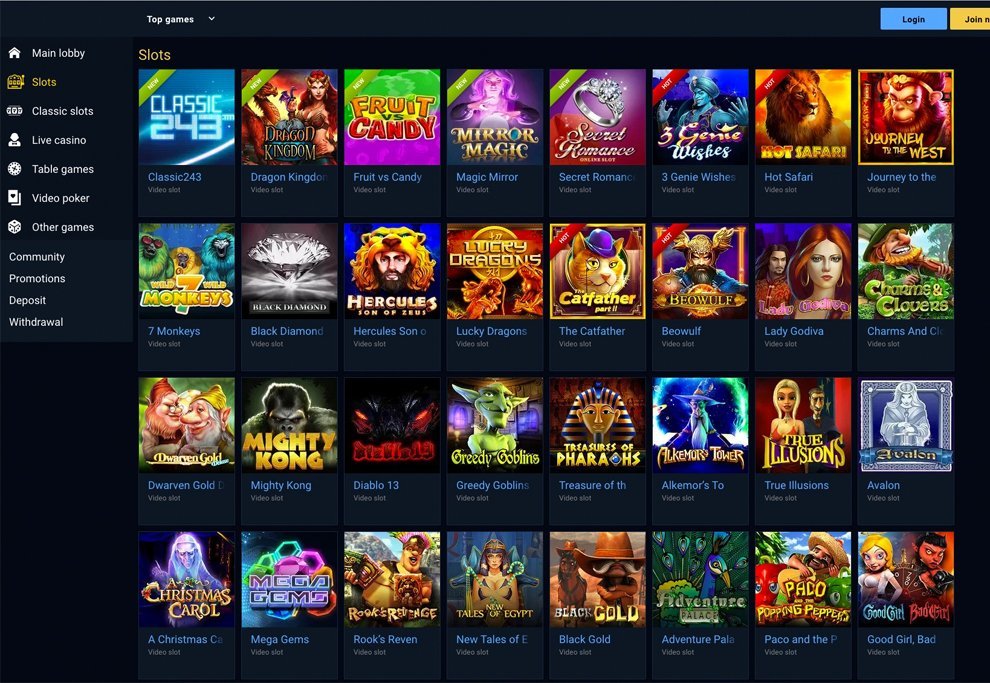As our lives get more online, keeping ourselves safe from hackers is becoming more crucial. Hackers are focused on two things: causing chaos and stealing money. They get personal information from you and use it to make unauthorised charges on your accounts or they can disrupt your business by using malware to cause attacks on your service or other issues.
There are many ways to prevent cyberattacks. Most of them require little effort. Start by encrypting sensitive data that’s not transmitted over the internet (such as employee social security numbers and routing digits of banks and other sensitive information). Set up full-disk encryption tools that are standard on all operating systems: For PCs, it’s called BitLocker For Macs, it’s FileVault.
Update your software regularly. Make sure you update your software regularly. Many hackers gain access to computers through outdated programs. Updates correct these vulnerabilities and make it much more difficult for hackers to gain access to your system.
Install a firewall on all your devices. Firewalls are network systems designed to control the incoming and outgoing data on your computer. Windows and macOS include a firewall built-in, but it is recommended that you make use of a third-party software to secure mobile devices and home networks.
Examine your device’s names as well as network names. Avoid using personal identifiers for your network such as your last name or your phone number. This could allow hackers access to your information.
Be wary of discussing your work in public. Even minor details, such as your hometown or the names of your pets could be used norton vs avast which is better to help hackers gain access to security systems.



